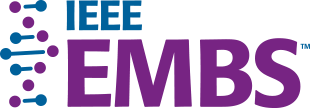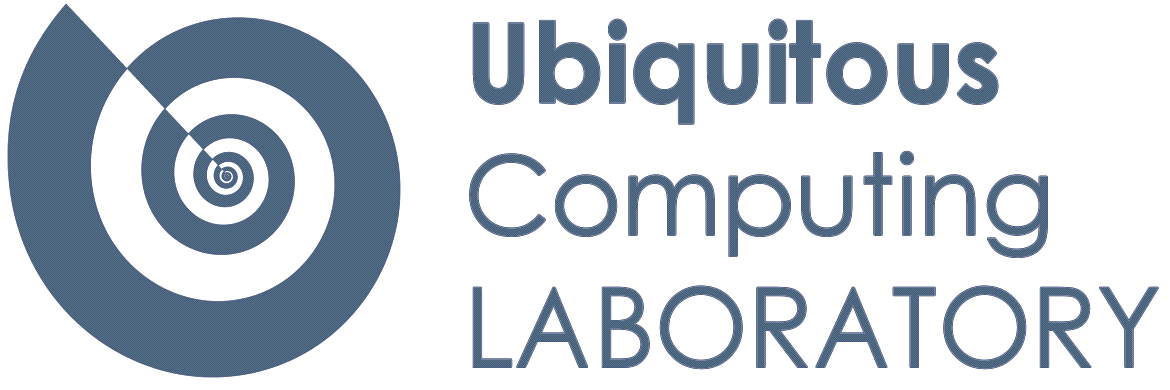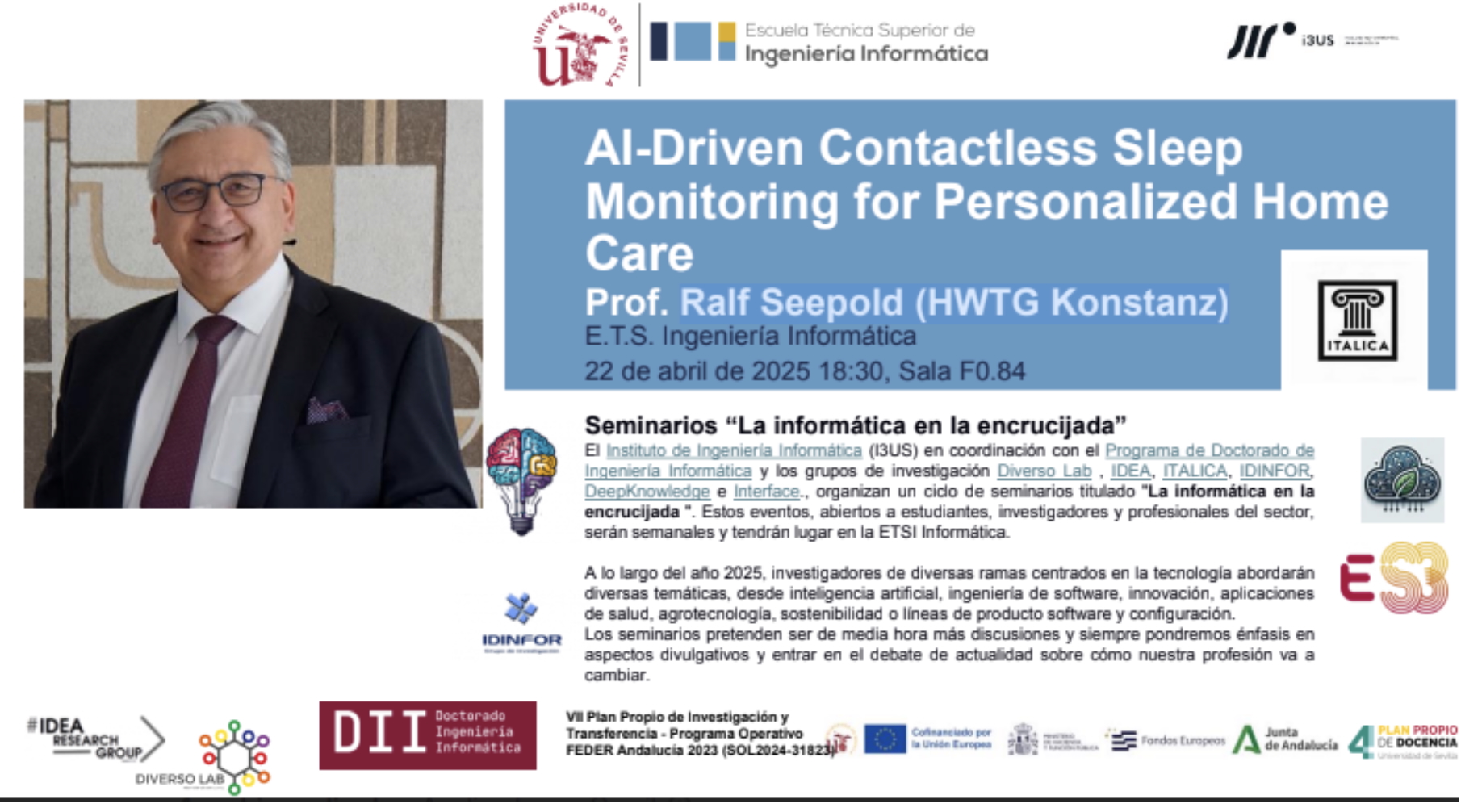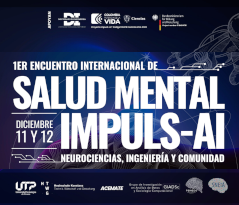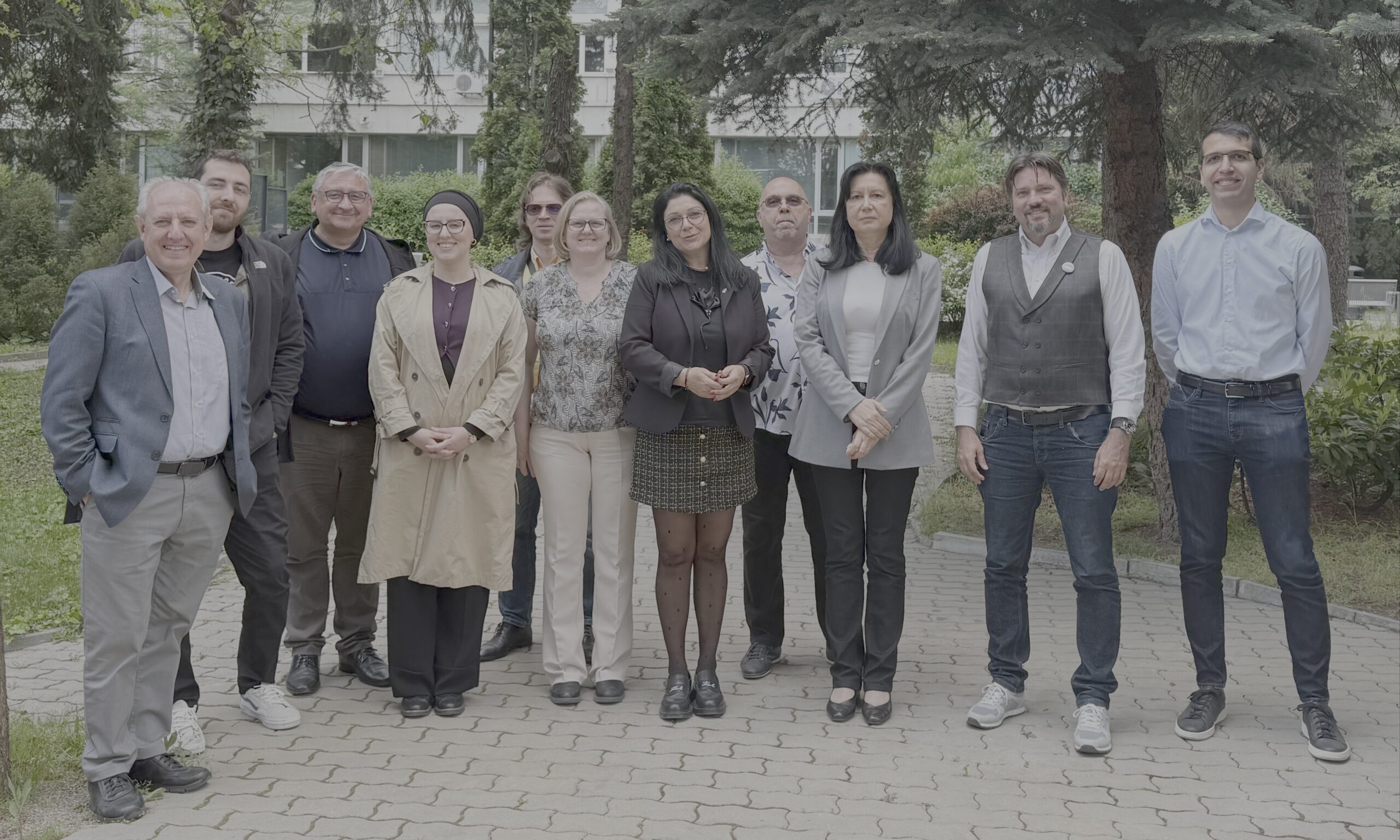“255 – 15 – 10 – 3 – 1″ means that for 255 Minutes, 15 Experts from 10 countries in 3 sessions will talk on 1 day about Highlights on Global Advances in Digital Sleep Medicine
INVITATION – “Sleep Health For All”
Mini Symposium Highlights Global Advances in Digital Sleep Medicine

Click on the picture for more details.
The Symposium is part of the 47th Annual International Conference of the IEEE EMBC | Copenhagen, Denmark. The three sessions are scheduled on July 16: Session 1: 8:00-9:15, Session 2: 10.30-12:00, Session 3: 12:30-14:00.
Organizers
- Prof. Dr. Michael Khoo, University of Southern California, Los Angeles, U.S.A.
- Prof. Dr. Thomas Penzel, Charité Hospital, Berlin, Germany
- Prof. Dr. Ralf Seepold, HTWG Konstanz, Konstanz, Germany
Summary
Amid growing global recognition of sleep as a cornerstone of public health, the mini symposium “Sleep Health For All”, will be held on July 16, 2025, in Copenhagen as part of the 47th Annual International Conference of the IEEE Engineering in Medicine and Biology Society (EMBC), brought together leading experts in sleep science, digital health, and biomedical engineering. The session spotlighted the transformative impact of large-scale international research initiatives and charted a path toward inclusive, data-driven, and personalized sleep care.
Two landmark programs—the European Union’s “Sleep Revolution” and the U.S. National Health, Lung, and Blood Institute’s “National Sleep Research Plan”—set the stage for the session. Launched in response to mounting evidence linking sleep quality with chronic disease, mental health, and economic productivity, these programs have catalyzed new innovations in sensing technology, artificial intelligence, and clinical informatics. Their shared goal: to modernize sleep medicine and make it accessible to all.
The session emphasized the transition toward “4P medicine”—predictive, preventive, personalized, and participatory—a concept that aims to empower individuals to monitor their own sleep patterns, predict health risks, and engage with therapeutic strategies in real time. Advances in consumer-facing wearables, ambient sensing, and cloud-integrated health platforms were discussed as enabling technologies for this paradigm shift.
Despite the momentum, speakers highlighted persistent technical and societal challenges. These include:
- Wearable robustness and user compliance: Although sleep-tracking devices have become widespread, issues remain with long-term comfort, accuracy under real-world conditions, and adoption across diverse user groups.
- AI and explainability: Machine learning models are increasingly central to automated sleep staging and disorder detection, yet many function as “black boxes.” Ensuring transparency and clinical interpretability remains a key barrier to regulatory approval and physician trust.
- Data privacy and equity: As sleep data becomes more granular and pervasive, maintaining patient confidentiality while ensuring equitable access to diagnostic and treatment tools is paramount.
The mini symposium is organized into three focused panels:
- Advancing Mechanistic Approaches in Sleep Health: Sleep researchers presented computational and behavioral models addressing sleep architecture, insomnia phenotyping, and circadian disruptions. Several talks focused on how digital cognitive behavioral therapy (CBT-I) platforms are being tailored to individual chronotypes and socio-cultural contexts.
- Advancing sleep informatics: This panel explored the integration of heterogeneous data streams—actigraphy, EEG, respiration, and subjective reports—into unified analytic pipelines. Presenters highlighted federated learning approaches that allow decentralized training of sleep models across hospitals without compromising data privacy.
- Advancing measurement technology: Engineers showcased recent developments in flexible bio-sensors, contactless radar systems, and multimodal headbands. Emphasis was placed on validation studies demonstrating parity with gold-standard polysomnography.
Importantly, the symposium also highlighted ongoing efforts to bridge the gap between innovation and inclusion. Talks addressed disparities in sleep care access, especially among underserved communities and those with comorbid conditions. The need for cross-disciplinary collaboration—from engineers and clinicians to ethicists and health economists—was a recurring theme.
In concluding remarks, organizers stressed that improving sleep health globally is no longer solely a medical goal but a societal imperative. With the convergence of big data, AI, and wearable technology, the opportunity to revolutionize sleep medicine is within reach—provided that scientific advances are aligned with ethical implementation and inclusive design.
As the field moves forward, initiatives like the “Sleep Health For All” symposium will play a crucial role in catalyzing partnerships, sharing evidence, and shaping the future of digital sleep health.

